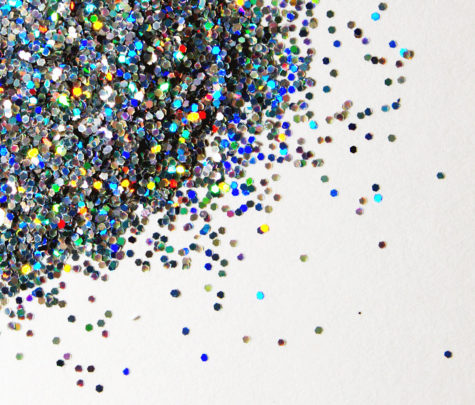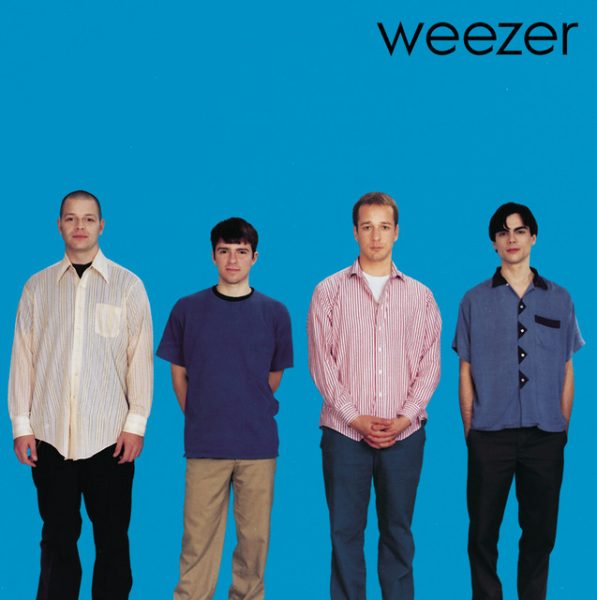The Science Behind our Love for Wordle

March 28, 2022
Wordle is a seemingly easy puzzle game and the concept is simple: there is a new five letter word that is generated every 24 hours that you have to guess out of 6 tries. Incorrect letters of the word you chose show up gray, correct letters in the wrong spot show up yellow, and correct letters in the right stop show up green. Designed by Brooklyn-based software engineer Josh Wardle, Wordle had only 90 players total on Nov. 1, but within a couple of months, that number skyrocketed into the millions (per day)- that is over 15% of American adults. On Jan. 31, Wordle was bought by the New York Times and is now translated into 20 languages. As the game is relatively easy to play, people of all ages can play it, and this unity of all ages is what draws people to play it- but what is the scientific reason as to what makes this game so addictive? Scientists and social psychologists have narrowed it down to these 3 reasons:
1. It is innate to enjoy competition
Regardless of whether you’re highly competitive or you think you’re not competitive at all, everyone’s a little competitive in their own way. After you guess a word, Wordle gives you the option to share your results through essentially all messaging platforms such as Messages, Snapchat, and especially Twitter. Wordle has taken Twitter by storm as thousands of people are sharing their results; this intrigues us and makes us want to guess the word faster and in less tries. This social aspect of Wordle is another reason why we get so much satisfaction from guessing the right word. In fact, a study done by the University of Southern California found that our brains consider winning in a social setting more valuable than winning alone, perhaps in pursuit of receiving validation from others. This occurs due to the fact that the striatum, the part of the brain that controls the feeling of reward, is more active when beating peers in social settings.
2. The “aha” moment
The feeling where you finally figured something out is referred to as the “aha” moment. Matt Baldwin, a Social Psychology professor at the University of Florida said that “even when you don’t get it, and the answer is revealed, finding that solution feels good. That feeling of fluency is something that we seek out not only in games, but also when we’re trying to solve a problem in our work or in our relationships.” The “aha” moment is scientifically referred to as the “Eureka Effect,” which is a phenomenon that we evidently all experienced regardless of whether or not you have played Wordle before. The Eureka moment activates regions of the brain connected to dopamine, a neurotransmitter which is majorly responsible for creating feelings of satisfaction and pleasure. Some say that Wordle is calming and relaxing, and there is a suitable scientific explanation for this: guessing the correct word when playing Wordle brings a surge of oxytocin and dopamine, which are both associated with release of stress and relaxation.
3. One word per day
It is fair to assume that the most frustrating aspect of Wordle is that you have to wait for a new word to come out every day. Though this may be annoying, it is said to be one of the main reasons as to why millions of people are so addicted to playing the game. A study done by researchers from the University of Melbourne and the University of Queensland found that binge watching highly affects how well people remember and enjoy watching TV shows. Participants of this study were split into three groups that would watch a six-episode series, but at different speeds. The first group watched all of the episodes in one sitting, the second group watched one episode per day, and the third watched one per week. Participants that were placed in the first group reported significantly lower enjoyment of the show and remembered considerably less than the participants in the other groups. With this in mind, this is the “hard to get” business strategy of Wordle: if you are free to play Wordle as many times per day as you’d like, you would get bored of it very fast. Though we may not like it, playing the game once per day maintains the Eureka effect, as well as the enjoyment of the game.
Ultimately, Wordle will most likely continue to grow for some time until many people get bored of it. It’s interesting to understand that the factors that play such a big role in Wordle’s success can all be attributed to scientific and psychological reasoning. It is also important to note that despite many (if not all) games that are popular amongst the younger generations being somewhat damaging to one’s emotional and mental state, Wordle can be perceived as an academic game. This may also urge us to keep playing it to feel more relaxed, more productive, and less guilty about not doing work.










